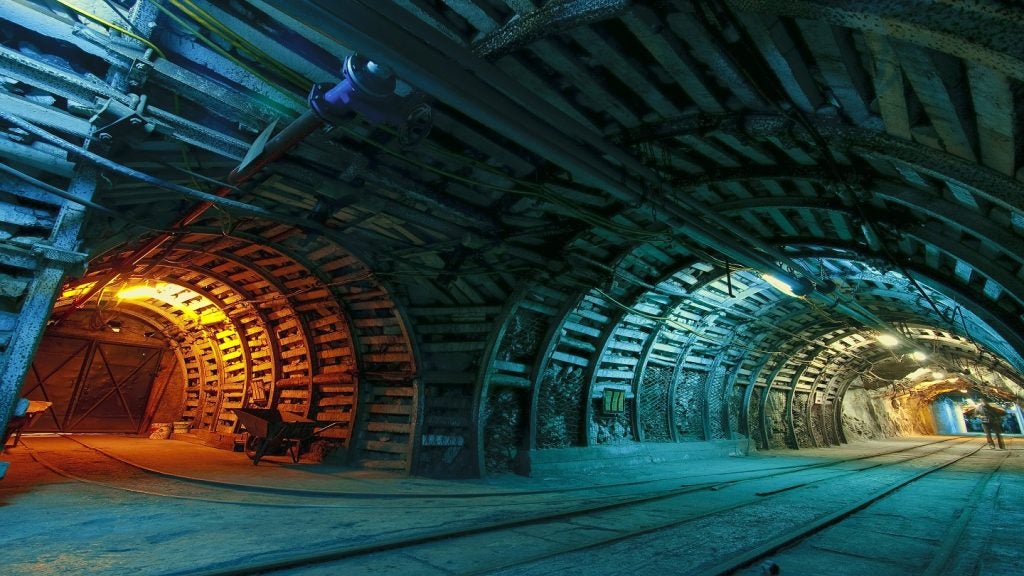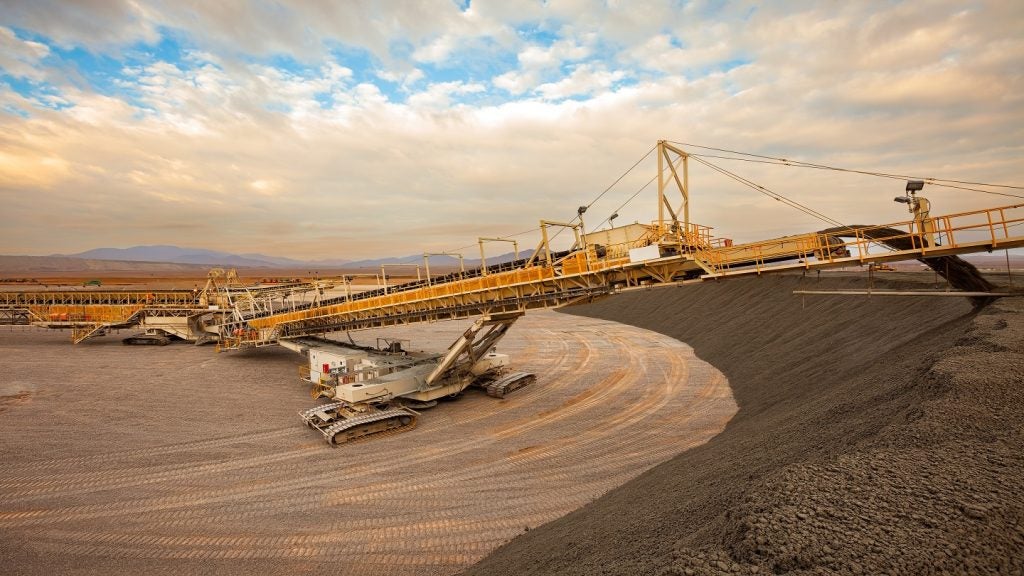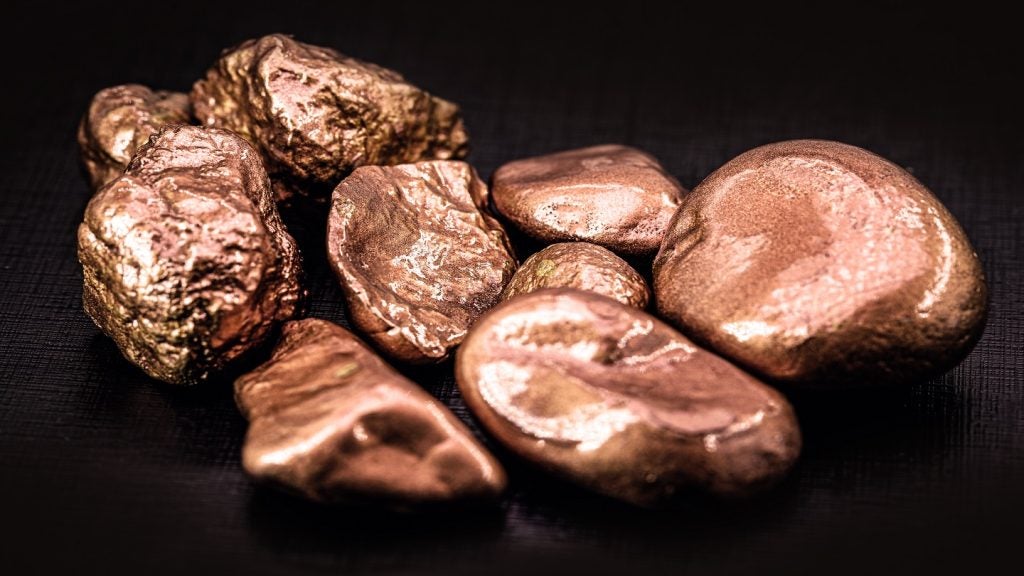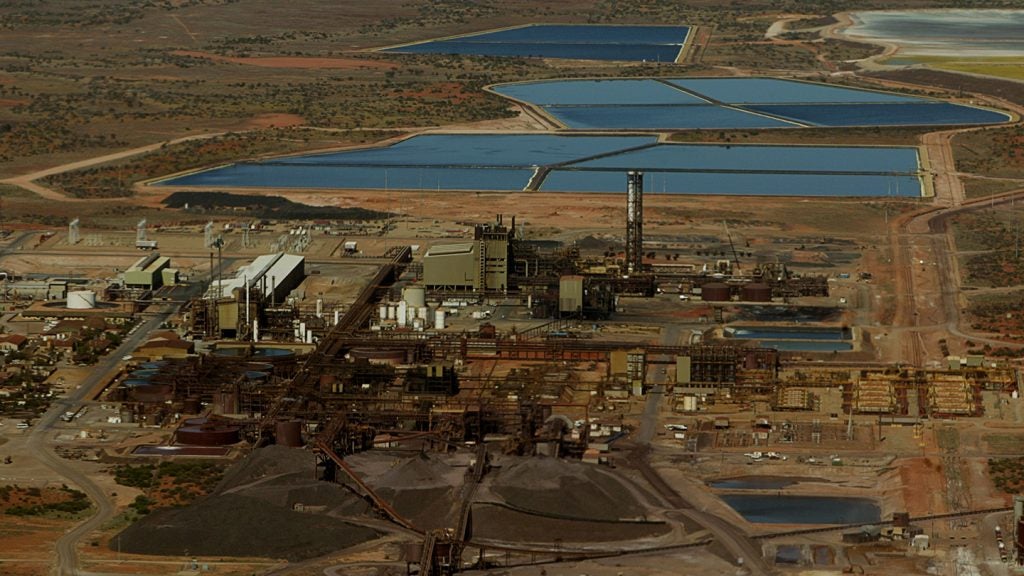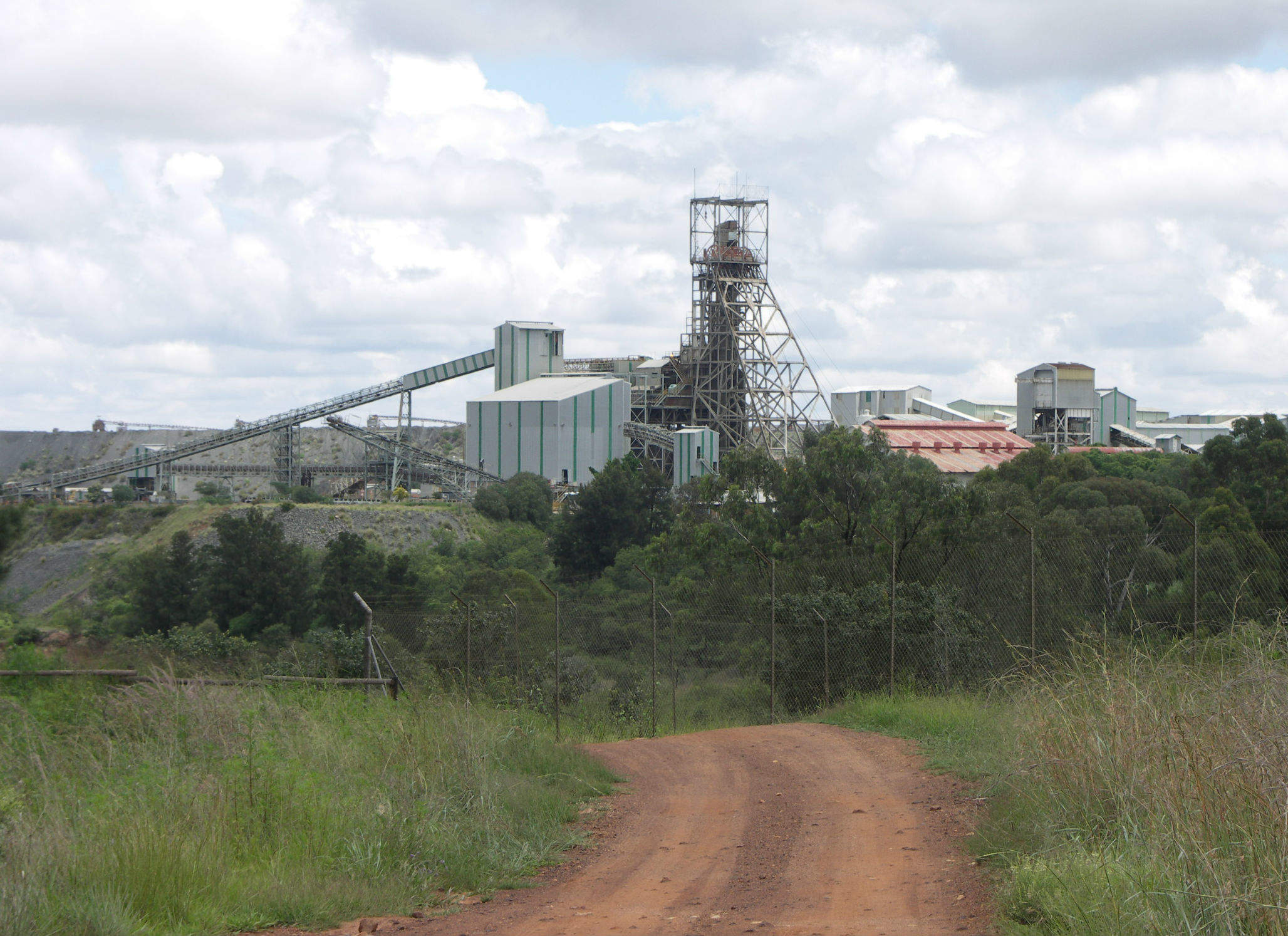

The mining sector in South Africa is in trouble, with the combined worth of South Africa’s 35 top platinum mining companies having dropped 55% since June 2014. Thousands of jobs are being lost and there are concerns over safety. Mining company Anglo American is making an effort to get rid of underperforming parts of its platinum operations, to reduce risk and focus on more profitable areas.
There are three major platinum mining companies in South Africa: Anglo American, Lonmin plc and Impala Platinum, and they have all fallen on hard times because of strikes, low demand and dwindling profitability.
“At current prices, fully 70% of the platinum shafts in South Africa are losing money, across the industry, by our calculations,” says Impala spokesman Johan Theron.
Platinum mines in the Rustenburg area have been a particularly difficult site for Anglo American to keep operating, as the mines in this region have been at the heart of labour conflict, and have been operating at a loss for some time.
Reshuffling for profits
How well do you really know your competitors?
Access the most comprehensive Company Profiles on the market, powered by GlobalData. Save hours of research. Gain competitive edge.

Thank you!
Your download email will arrive shortly
Not ready to buy yet? Download a free sample
We are confident about the unique quality of our Company Profiles. However, we want you to make the most beneficial decision for your business, so we offer a free sample that you can download by submitting the below form
By GlobalDataIn September, Anglo American’s chief executive Mark Cutifani started restructuring the company. Rustenburg was sold to fellow mining group Sibanye in a bid to improve Anglo’s financial performance. Cutifani considered an initial public offering of the assets, but ultimately decided that this would be difficult given the state of the industry. The company just couldn’t ramp-up interest from the South African public or international buyers.
“I should think there was limited interest, so they likely didn’t have much choice,” says Metals Focus research analyst George Cole. “Also being South African would have put most companies off buying. If selling to Sibanye raises the most funds it was the best decision.”
However, Anglo American said in a statement that it would remain involved in purchasing material from Rustenburg mine, so for Sibanye, the investment is relatively low risk. Sibanye is now in talks to buy Aquarius Platinum mines too, to combine them and try to benefit from operating synergies. Coles says that when Sibanye took on Gold Fields, it managed to increase production and lower costs. “It will be interesting if they are able to do similar,” he says.
Hot, uncomfortable and no longer cost-effective
The South African mining industry is often criticised for having a poor safety record and a high number of fatalities. Conditions appear to be improving with just 199 fatalities in 2006 compared to the 533 in 1995, but the level of risk in the job has made workers seek better pay.
Platinum mining is also very labour intensive, and this is made even more exhaustive for staff in warm climates. Mines are getting deeper, but have old infrastructure, so working conditions are hot and uncomfortable. This means that fresh air has to be continuously pumped down to cool down the pit, which is a very energy hungry process.
At today’s falling platinum prices, most mines cannot afford these increasing energy and labour costs, so they are no longer cost-effective.
“At the moment, they’re not really profitable,” says Cole, referring to the Rustenburg pits. “So Anglo Platinum are now focusing on their open pit mine in South Africa, which is profitable.”
Cole says that the open pit mines now are nowhere near as labour intensive. They are also more lucrative which makes sense in the current state of the industry, as much of the work can be done by scraping machinery and large diggers. However, for workers in the industry this could be bad news, as Anglo American is reportedly planning job cuts.
Further blows to the industry
Platinum prices are falling in general because production is outweighing demand and there has been a great deal of labour unrest in South Africa. The government has held meetings with companies and unions to try and prevent widespread layoffs, but this has been a challenge given the state of the market.
Strikes have been a familiar aspect of the South African mining history, most memorably with the Markiana massacre in 2012. The strike started at a Lonmin mine near Rustenburg, and 41 mineworkers were killed by police. In response, a wave of further strikes swept across the sector.
Another blow to the industry came in January 2014, when nearly 70,000 platinum workers in the Rustenburg area went on strike. This affected all three of South Africa’s major platinum producers. Workers demanded their minimum wage to be increased from R5,000 to R12,500 a month, which companies said was unrealistic. Thus, the strike continued for five months and roughly 40% of the world’s platinum production shutdown as a result.
To make matters worse, car dealer Volkswagen was found guilty of rigging its diesel engine tests this September causing sales to dive. Diesel auto-catalysts account for around 40% of global platinum consumption, so when VW sales fell by 4%, a considerable chunk of the global demand for platinum did too.
South Africa sits on about 80% of the world’s platinum resources, so it could be detrimental to the industry if diesel auto-catalyst demand continues to drop. Platinum production has been outweighing demand, so unless another use for the material is discovered, the situation could become increasingly bleak.
This story is a long way from the promise that platinum mining was thought to present. When the gold industry became less valuable, many hoped that platinum would take its place. But due to recent events, platinum prices are less than half what they were during the 2008 peak.
In 1987, there were 554,000 people working in South Africa’s gold sector according to the Chamber of Mines. The same year, the platinum sector employed considerably less at 83,000. When companies began plunging deeper into the earth for decreasingly lower grade gold, prices went down and the gold industry started to shed jobs.
The platinum industry picked up people that had lost their jobs in gold mining, and in 2006 totalled 168,000 workers, which exceeded the 160,000 in gold for the first time. This wasn’t to last though, and the number of platinum labour workers has been declining since last year.
Is there a future for platinum?
Job losses are a sensitive issue in South Africa, as the unemployment rate in the country is around 25%. With further redundancies certain in the platinum mining sector, companies need to do what is necessary to survive. With Anglo American, the company wants to focus on its profitable assets and lose the struggling ones.
Anglo American is looking to get $330m from the sale of the Rustenburg mines, but whether this will be enough to salvage the business is so far uncertain. If the demand for platinum continues to fall in the place of other metals, such as palladium, reshuffling the company focuses may just be delaying the inevitable.
“They need to do something a lot more drastic than what they’ve been doing over the last few years,” Coles says. “It’s really not been enough for the industry.”
Anglo American CEO Chris Griffith said in a statement: “We remain committed to pursuing our strategy, continuing to reposition Anglo American Platinum as a high-quality, largely mechanised operator yielding high margins.” He said that Anglo is focusing on its “core assets” and Rustenburg will be “long-term and sustainable” under Sibanye’s control.
With the long-term effects of the VW scandal yet to be realised, and the potential for further strikes in the platinum industry in South Africa, companies like Anglo American will be watched closely to see whether their restructuring efforts are successful.



